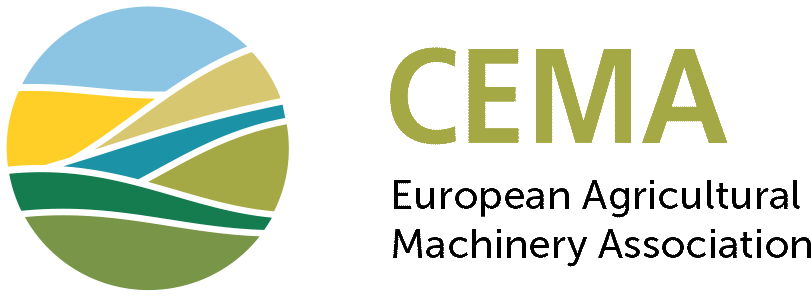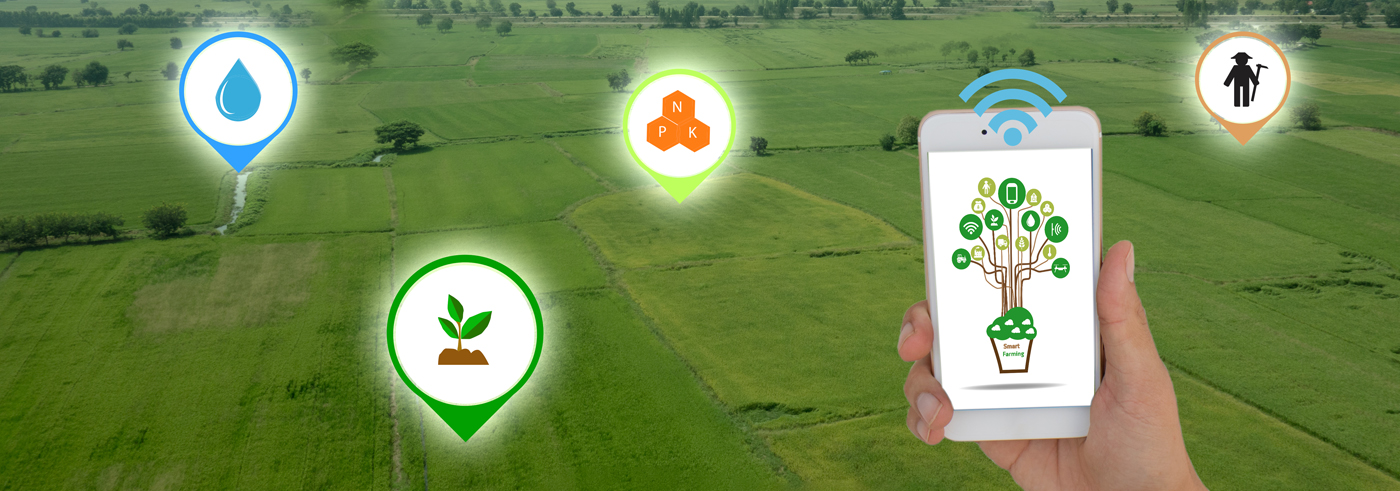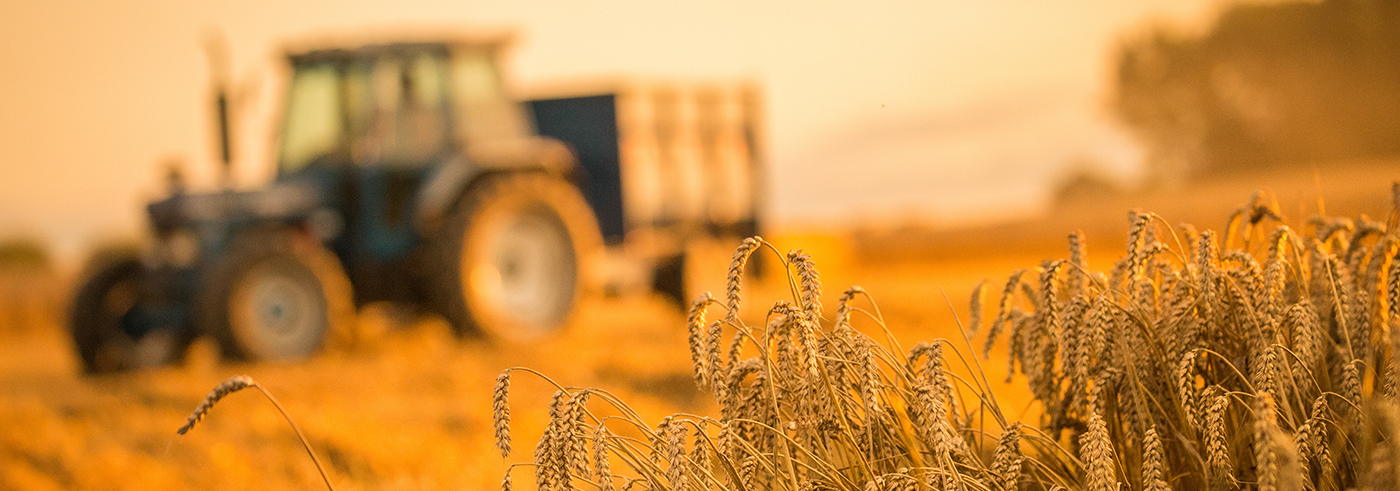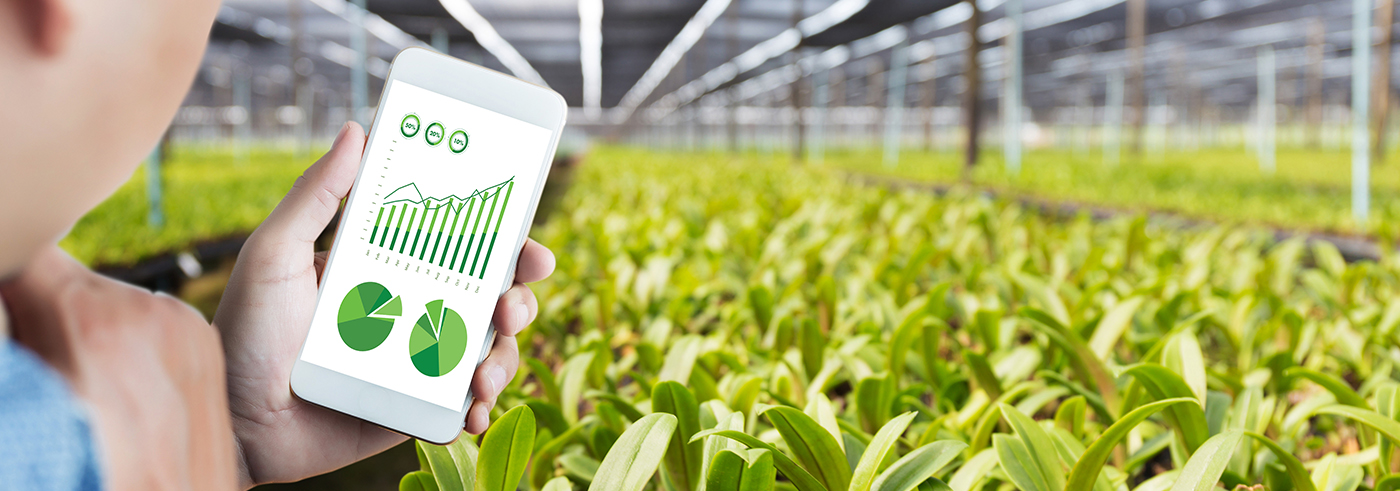
A European wide network of livestock advisors well embedded in their AKIS ecosystems and exchanging practical knowledge in the long-term for sustainable livestock production
Start date: 1 January 2025
End date: 31 December 2029
In a nutshell:
The EU Farm to Fork strategy, which is at the heart of the European Green Deal, aims to make food systems fair, healthy, and environmentally friendly. Sustainable Livestock Production, among other sectors, must play a substantial role to engage the EU in green transition while ensuring fair farmers’ incomes and quality of life.
The EU livestock farming faces many challenges to ensure both food production and sustainability. Climate changes, market stresses, high variability of costs of production require to rethink the ways to support farmers in their activities management. Advisors expertise is regularly confronted to those challenges and their knowledges need to be constantly renewed in order to remain involved in the development of the sector. This is where LIVENET steps in.
LIVENET's objectives:
The main objective of LIVENET is to establish and build capacity of a network of advisory services across the EU, increasing the knowledge sharing between advisors, and among the whole AKIS, and the adoption of innovative solutions for Sustainable Livestock Production by farmers. This unique project will achieve this through:
- The establishment and development of an EU network of livestock advisors, based on existing networks and national AKIS, covering the 27 EU Members States (MSs), the UK and Switzerland. To cover all MSs, the project will adopt a twinning approach: 10+1 National Networks will be created by the project partners and will engage with 18 Associated Networks through a twining program. The network will cover all European pedo-climatic areas, integrating 10 EU regional clusters, the major livestock sectors and the main thematic challenges faced by breeders and advisors;
- The collection, selection, evaluation, adaptation and validation of context-based Innovative Advisory Practices (IAPs) as example of good practices, which are technically, economically, socially, and environmentally viable and will be successfully replicated across the EU;
- The wide scaling of solutions through trainings, demo-events and other activities towards advisors, students and other relevant value chain actors to promote the adoption of the IAPs.
- The connection with other regional, national and EU projects, initiatives and policy makers for better integration of livestock advisory organisations in the AKISs. The project embrace a multi-actor approach, gathering 20 organisations with a vast experience in advisory and sustainable livestock production representing a diversity of AKIS stakeholders (farmers, advisors, researchers and agricultural machinery industry).
CEMA’s role:
Our contribution is about supporting establishing and management of the livestock sector advisory network (WP1), facilitate knowledge exchange and capacity building (WP2 and 3) through collection, selection, evaluation, description, and validation/scaling up of innovative advisory practices (IAPs) in the advisory networks and participating in the accompanied cross visits related to these IAPs (WP4, 5, 8). We look forward to support preparation of policy recommendations and a policy roadmap for member states (WP11) where our insight into gaps and barriers for uptake of innovative solution in the sector will be crucial. Finally, we will use our wide network to disseminate and communicate, and in the end exploit project activities and outcomes (WP12, 13 and 14).
Find out more on this unique project in the Cordis data base.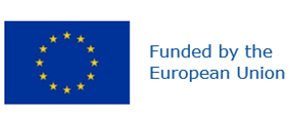
Funded by the European Union in the frame of Horizon Europe research and innovation programme under grant agreement No. 101182590. Views and opinions expressed are however those of the author(s) only and do not necessarily reflect those of the European Union or European Research Executive Agency (REA) as granting authority under the powers delegated by the European Commission. Neither the European Union nor the granting authority can be held responsible for them.
